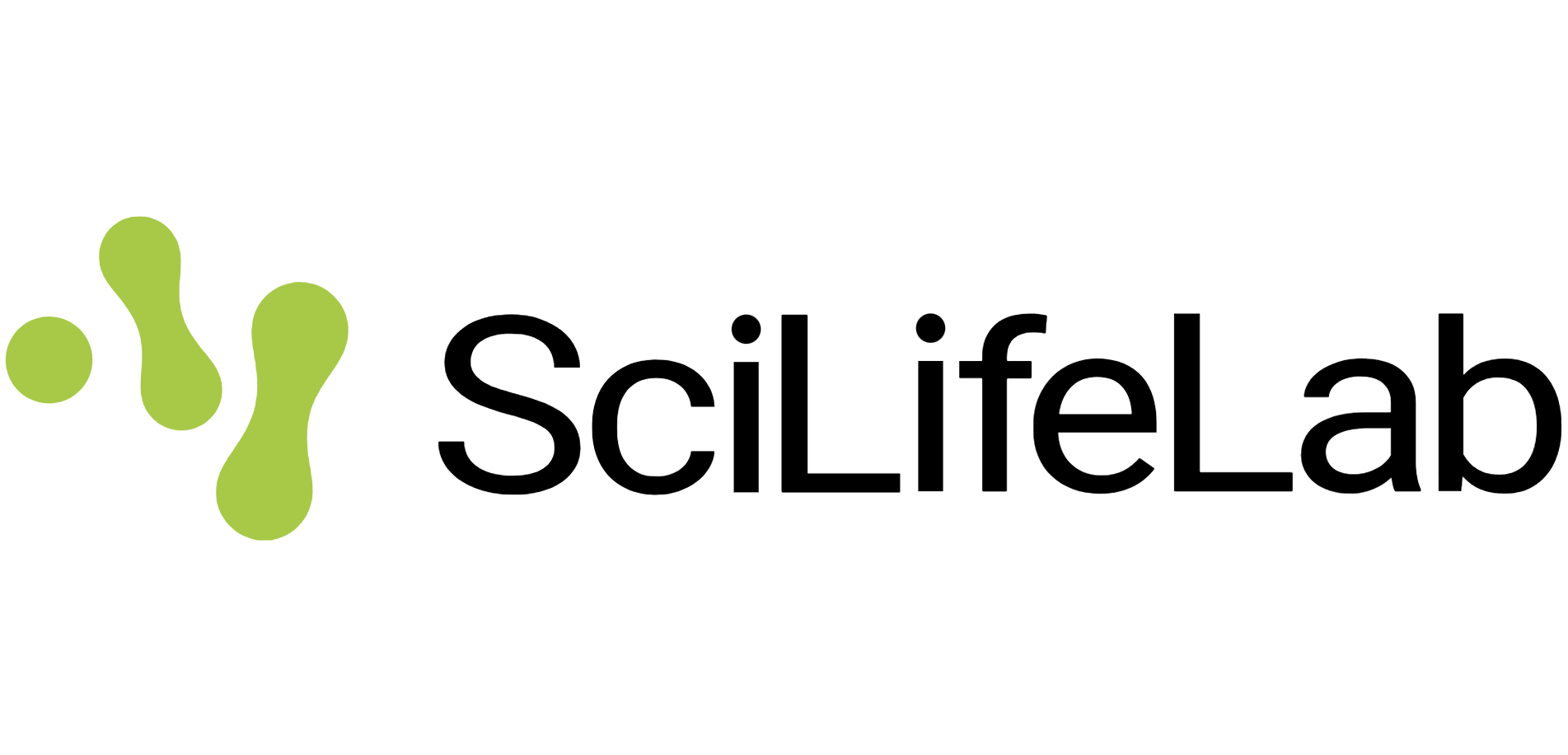


|
|
| Address | Tomtebodavägen 23, 171 65 Solna, Sweden |
|---|---|
| Platforms | ATMP & Biological, Biomarkers |

About
SciLifeLab is a national resource of unique technologies and expertise available to life scientists, closely intertwined with our community of researchers in areas such as biomedicine, ecology and evolution. We bring scientists together across traditional boundaries and foster collaborations with industry, health care, public research organizations and international partners.
SciLifeLab, Science for Life Laboratory, is an institution for the advancement of molecular biosciences in Sweden. It is funded as a national research infrastructure by the Swedish government.
SciLifeLab was founded in 2010 as a joint effort between four universities: Karolinska Institutet, KTH Royal Institute of Technology, Stockholm University and Uppsala University. Today, it supports research activities at all major Swedish universities.
Infrastructure organisation
The SciLifeLab national infrastructure is organised into ten platforms, each of which comprises several units that provide technologies and services to users. Each platform is managed by a Platform Director (PD) and is coordinated by a Platform Coordination Officer (PCO). For each Unit, a Head of Unit (HU) is in charge of the daily operations. In addition, most units have an associated Platform Scientific Director (PSD) that is part of the Platform Management Group (PMG), and serves as a scientific expert of the technologies offered by the corresponding unit.
The platform structure is different from the service areas in the infrastructure navigation for users. Many units offer multi-application technologies and services that may be sorted under more than one service area.
Capabilities
The foundation of SciLifeLab rests on three pillars: state-of-the-art research infrastructure, a community of world-class researchers, and an extensive Data-Driven Life Science program (DDLS).
SciLifeLab’s capabilities combine infrastructure technology with expertise in Planetary Biology, Precision Medicine, and Pandemic Laboratory Preparedness. Find out more here.
















